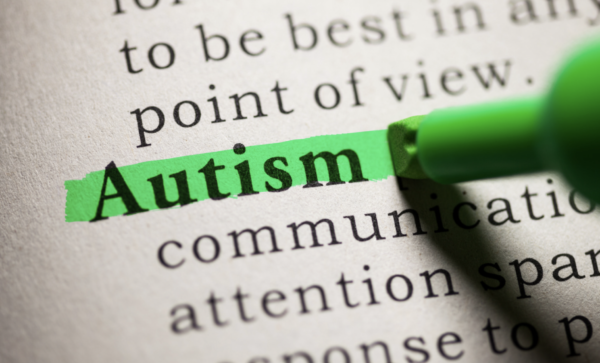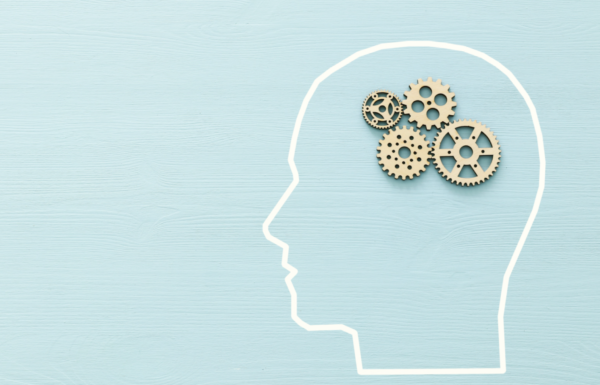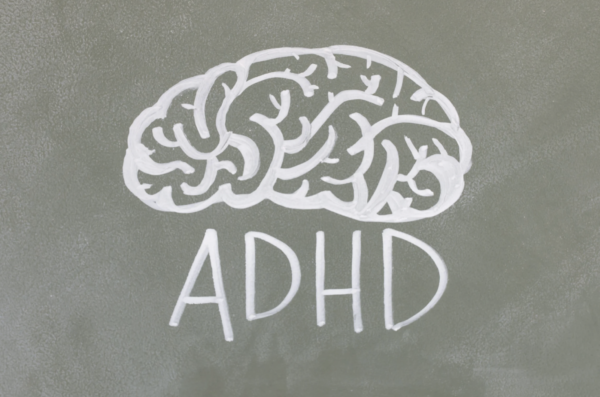
Have you seen the popular ADHD (Attention Deficit/Hyperactivity Disorder) and ASD (Autism Spectrum Disorder) content trending on TikTok recently? Perhaps you’ve heard that so many people recently diagnosed with ADHD are being prescribed stimulant medication that we’re facing an Adderall shortage in the United States.
It’s 100% true that we’re diagnosing more people with ADHD and ASD now than ever before.
Neurodiversity is, scientifically speaking, trending.
Another big diagnostic trend in the medical community? Addiction. Diagnosis of Substance Use Disorder, along with ASD and ADHD have absolutely skyrocketed in the past few years.
Is there a link between SUD, ASD and/or ADHD? How do these various conditions interact? Are neurodivergent people more likely to suffer from SUD and, if so, why?
Today we will look at the interactions between these conditions and look at what we know about neurodivergence and effective treatment for addiction.
Neurodivergence – Both ASD and ADHD – is a Big Risk Factor for Substance Use Disorder
While there are a lot of studies yet to be done on the subject, we do know for certain that neurodivergent people have a much higher risk of developing SUD than neurotypical people.
ADHD and Addiction Are Commonly Found Together – Especially Among Alcoholics
It’s well documented that ADHD and addiction often co-occur in patients. One in two people diagnosed with ADHD will also receive a SUD diagnosis in their lifetime. When compared with the general population, people with Alcohol Use Disorder, in particular, are five or ten times more likely to also have ADHD. Over the course of treatment, 25% of all SUD patients also receive an ADHD diagnosis.
ASD an Addiction Are Also Frequently Associated in Patients

In the not so distant past, it was a common assumption that those with ASD almost never developed SUD. This was likely due to an early over-focus on patients with severe ASD symptoms who require supported living environments into adulthood. Under such conditions, one is less likely to have access to an environment that supports active addiction. Today, we recognize ASD as a broad spectrum. A recent study conducted at the University of Cambridge’s Autism Research Center, and later published in the The Lancet Psychiatry, demonstrated that autistic people are nine times more likely to use drugs and alcohol recreationally than allistic people. Another study found that autistic individuals struggle with SUD at twice the rates of allistic people. The higher the IQ – and many autistic people have very high IQs – the more likely they are to develop SUD.
Neurodivergent People Often Use Substances to Self-Medicate and Accidentally Develop SUD

While there are many biological, psychological and sociological causes for addiction, both autistic people and ADHDers are more likely to report that they first turned to addictive substances in an effort to self-medicate for some of the more troubling symptoms of their neurodivergence.
This self-medicating behavior often plays out in a number of ways:
- Both ADHD and ASD have very high rates of co-occurring mental health conditions, like depression and anxiety. Those conditions alone frequently cause patients to self-medicate.
- Both ADHD and ASD are associated with various forms of executive dysfunction, which can make it difficult to regulate emotions, successfully navigate close relationships, and easily navigate complex work and school environments.
- Both conditions can cause sensory issues for patients that can easily contribute to feelings of discomfort and overwhelm in everyday settings.
- Both conditions are under-supported and under-funded in the United States. Low levels of awareness, education and advocacy means that people with both conditions struggle to get appropriate treatment from clinicians and appropriate accommodation at work and school. This added burden can make self-medicating more appealing.
Some ADHD Traits Make Addiction More Likely
Most ADHDers struggle with impulse control. Many engage in thrill seeking behaviors and novelty seeking behaviors, both of which can translate into misusing drugs and alcohol. We also know that both ADHD and SUD are highly genetic conditions. Frequently, both run in families together. The hyperfocus that many with ADHD experience can easily translate into a hyperfixation on drugs of abuse.
Many ASD Symptoms Can Exacerbate Addiction

Anxiety and sensory overwhelm are two of the most common and most disabling symptoms of ASD. Both can easily trigger self-medicating for autistic people without proper support for their condition. It is difficult to find healthcare providers who intimately understand the struggles that come with living on the spectrum. Many autistic people don’t feel that their providers can relate to the autistic experience, let alone assist with some of its most debilitating symptoms. This lack of support can easily translate into self-medicating.
Do You Need Help With Neurodivergence – ADHD, ASD or Autism – and Addiction Treatment?
Good news – at Shanti Wellness and Recovery, we work with you to tailor treatment plans to your situation, your goals and your life. Everything we do is evidence based and shame-free.
Depending on the patient, we can offer MAT medication, nutritional therapy and/or talk therapy
in a cozy, family clinic setting. We love to see patients like you succeed and thrive.
Interested to learn more about how we can help? Give us a call today to get started.


